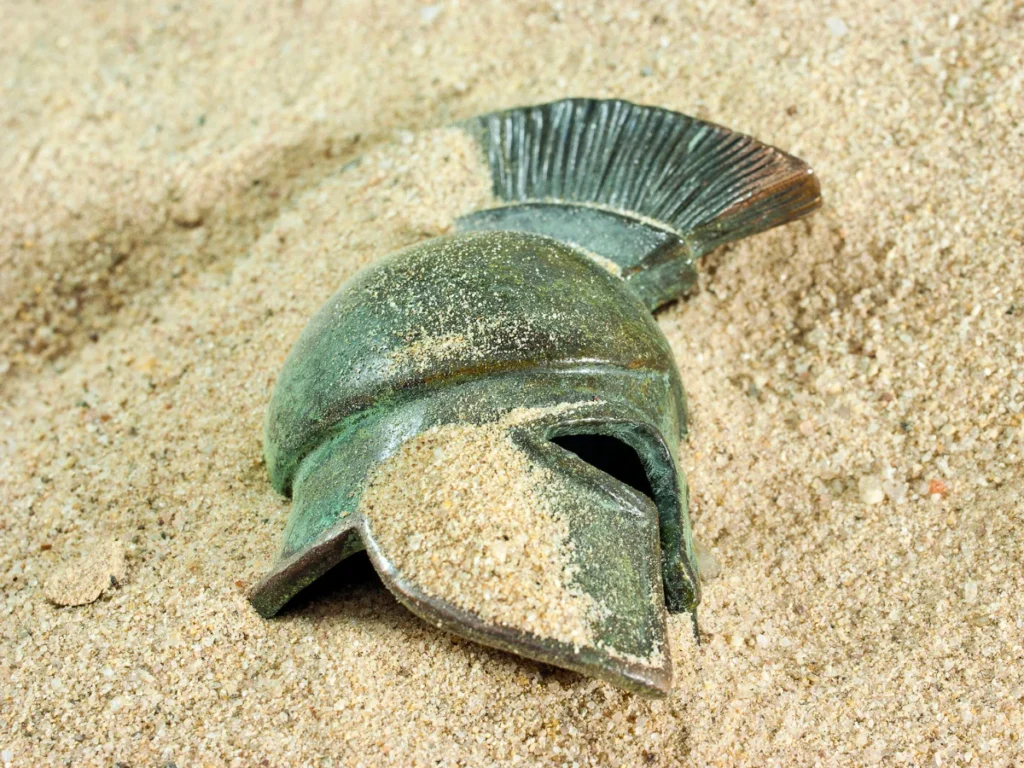Tomb of Philip II who was the father of Alexander the Great
The Tomb of Philip II, who was the father of Alexander the Great, remains a historical enigma, concealing the mysteries of his untimely demise. Situated in Aigai, Greece, this burial site has unveiled a trove of ancient riches, including a golden larnax believed to contain Philip II’s remains, exquisite shield designs, and regal artifacts. This archaeological treasure trove preserves the legacy of a king whose reign played a pivotal role in shaping history.

The Tomb of Philip II who was the father of Alexander the Great
The Enigmatic Death of Philip II
Philip II of Macedon, father of the renowned Alexander the Great, met an enigmatic end in 336 BC. While history leans towards the belief that he was assassinated, the exact circumstances and culprits remain subjects of intrigue. Some attribute his death to political foes, while others suspect familial conspiracies. Nevertheless, the mysteries surrounding his demise have only added to the allure of his tomb.
The Riches of a Royal Burial
The tomb, nestled in the ancient city of Aigai, modern-day Vergina, Greece, has yielded a trove of valuable artifacts. Among these discoveries, a golden larnax, believed to contain Philip II’s remains, stands out as a symbol of his regal status. Elaborate shield designs, a silver urn, weapons of antiquity, and a majestic royal diadem have all contributed to our understanding of the opulence and artistry of ancient Macedon.
Significance and Legacy
Philip II’s tomb, with its historical enigma and cultural treasures, serves as a testament to the multifaceted legacy of this ancient king. His reign was instrumental in shaping the course of history. Laying the foundation for Alexander’s epic conquests and leaving behind an archaeological treasure trove that continues to captivate the world.
More History

Hestia
Hestia, the ancient Greek goddess of the hearth and home, held a sacred role in maintaining the flame of the hearth. Symbolizing warmth, family, and community in Greek culture.

Cassander
Cassander played a pivotal role in the aftermath of Alexander the Great’s death. Establishing his own dynasty in Macedonia and shaping the post-Alexander era of ancient Greece.

Cleopatra
Cleopatra, the Egyptian queen, wielded her intelligence and charm to captivate powerful men like Julius Caesar and Mark Antony. Influencing the destiny of Egypt and the Mediterranean world.
